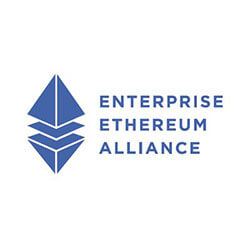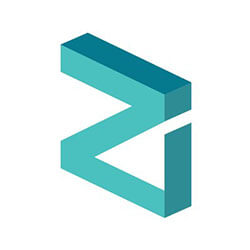
Ethereum Foundation Co-Executive Tomasz Stanczak Steps Down

MUFG Bank is the largest bank in Japan.

Oracle is an integrated cloud applications and platform services.

Lyft designs, markets, and operates a mobile application that matches drivers with passengers who request rides.

Australian digital currency exchange where you can buy and sell digital currencies with confidence, using AUD, NZD, or USD.

Mithril is a decentralized social media platform that rewards all content creators.

HSBC is one of the world’s largest banking and financial services organisations.

The EEA is a member-driven standards organization whose charter is to develop open, blockchain specifications that drive harmonization and interoperability for businesses and consumers worldwide.

Cisco develops, manufactures, and sells networking hardware, telecommunications equipment, and other high-technology services and products.

The mission of The Walt Disney Company is to be one of the world’s leading producers and providers of entertainment and information.

Zilliqa is the world’s first high-throughput public blockchain platform – designed to scale to thousands of transactions per second.

Yahoo! is an American web services provider.

Electronic Arts delivers games, content, and online services for internet-connected consoles, PCs, mobile phones, and tablets.

Biwage creates solutions for remote workers looking for work and to optimally receive their wages.

Axel Springer is a media company engaged in publishing newspapers, magazines and digital sales channels.

Banco Santander is a bank with services specifically for retail and commercial sectors.

Ethereum Foundation Co-Executive Tomasz Stanczak Steps Down

Bitcoin RSI Hits 23: Analysts Flag ‘Deep Value’ Entry Point

DOGE Tests $0.09 Support in ‘Maximum Opportunity’ Zone